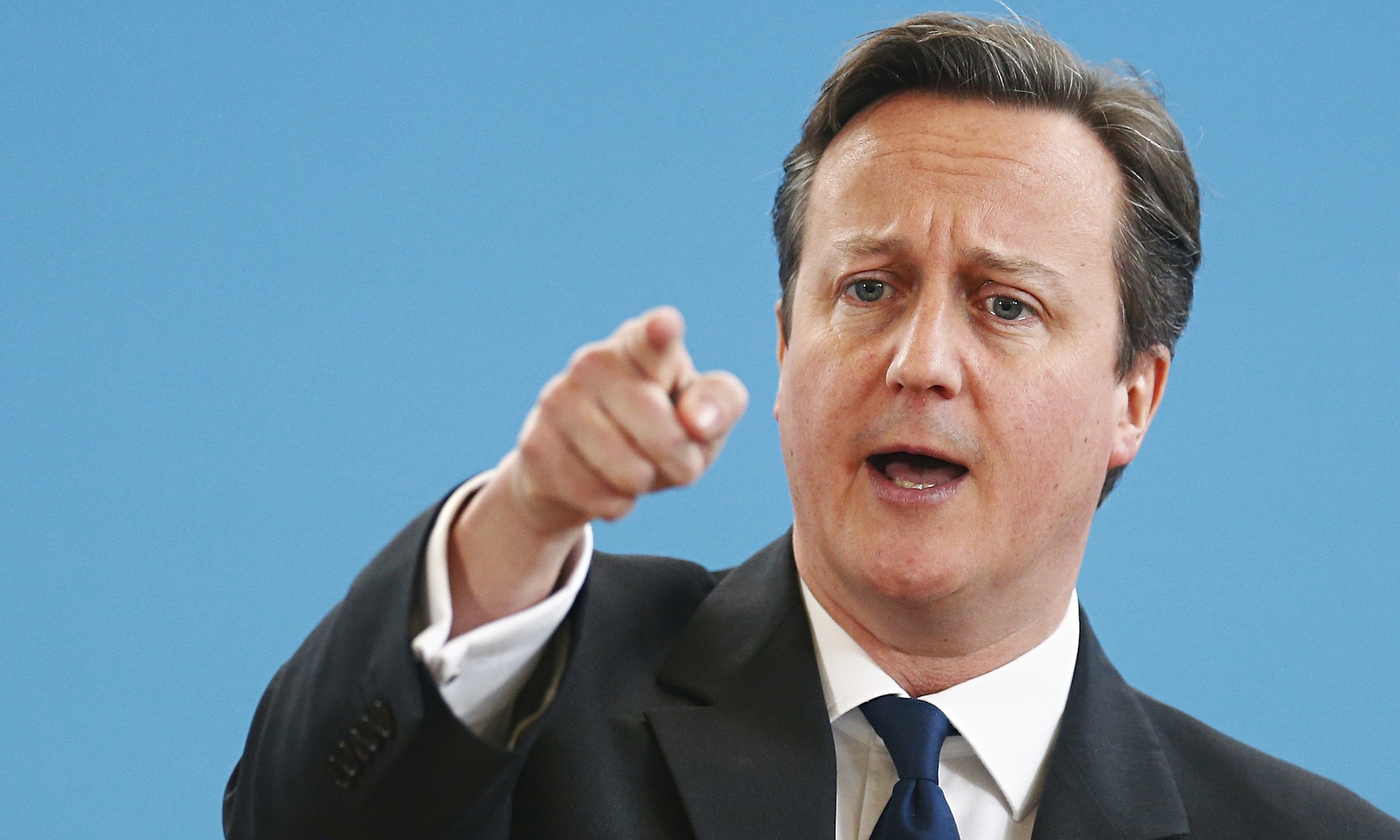Developments in new/digital media mean that audiences can now have access to a greater variety of views and values. To what extent are audiences empowered by these developments?
LR Introduction-
New and digital media has given the audience a sense of empowerment because it has allowed the audience to have more access to a variety of views and values. This is hugely beneficial for the audience because their ability to gain more information through NDM has allowed their empowerment to grow and has given them a chance to experience news from different sources, whether that is a verified account or a citizen journalist on social media which is also as valuable. Accessibility to sources such as Citizen journalism has allowed the audience to feel empowered due to their ability to make their own assumptions and opinions with this due to a variety of sources. A prime example of this is the use of video camera phones and how this has given the audience a chance to become journalists themselves allowing them to share but also consume news from citizens such as themselves.



